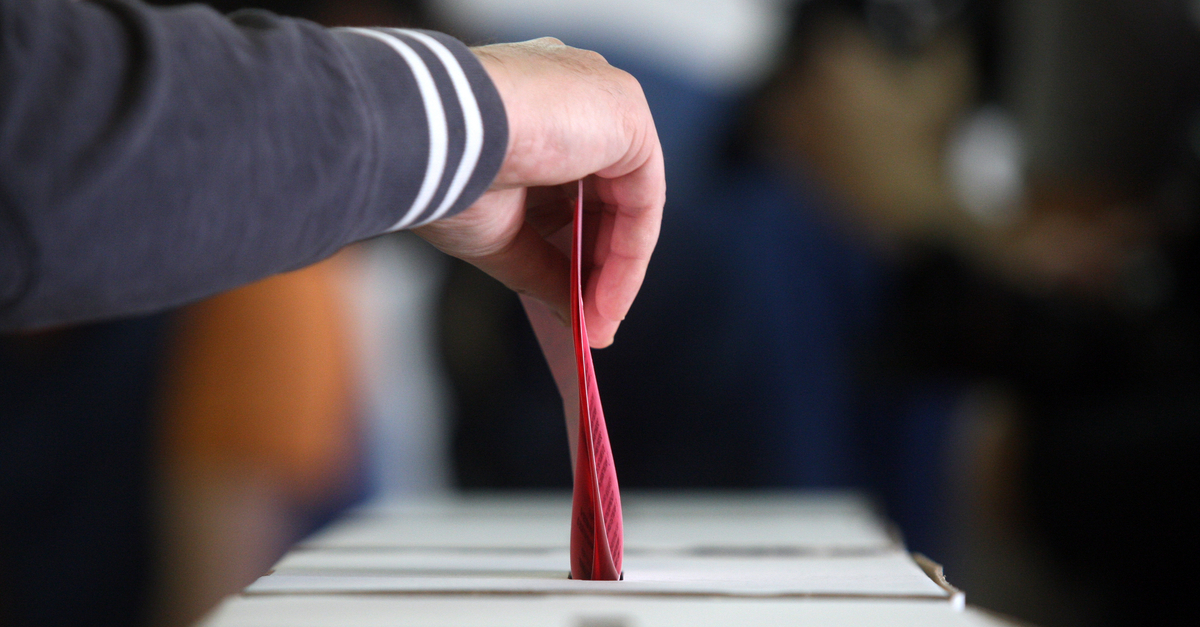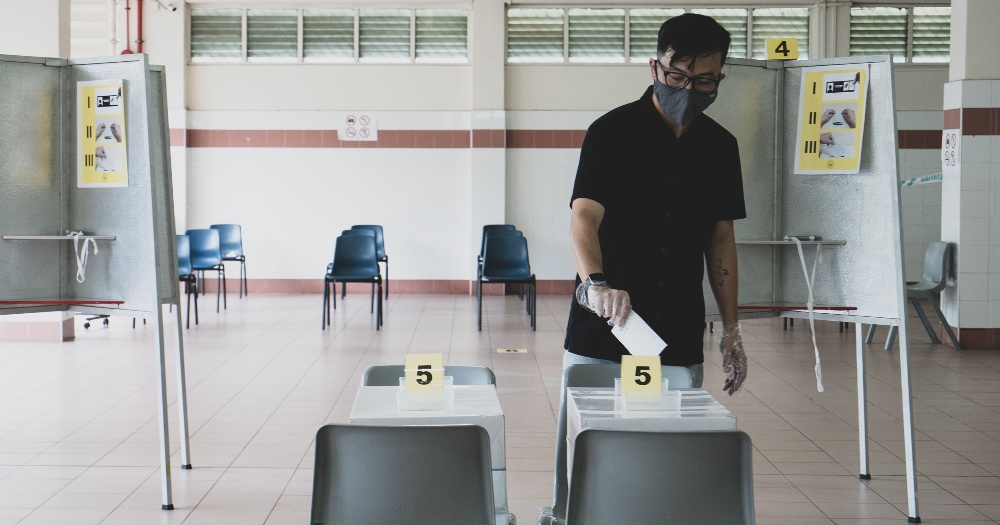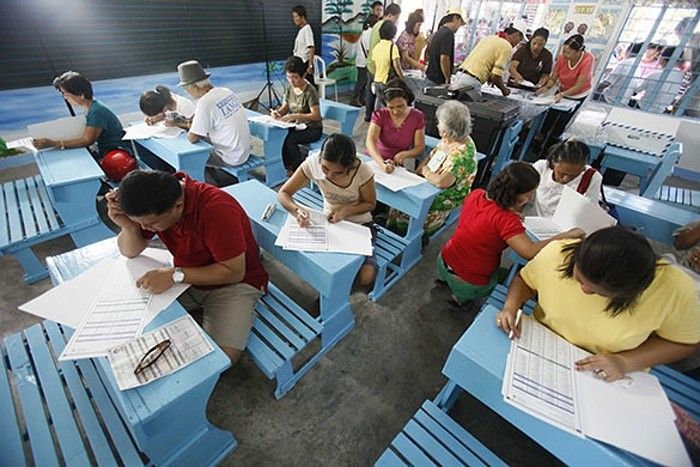The Cybersecurity and Infrastructure Security Agency (CISA) issued a statement on November 12 calling the last elections “the most secure in American history,” thereby directly contradicting the claims of the president who appointed them.
Bafflingly though, 88% of people who voted for Trump falsely believe Biden did not legitimately win the election. This, according to a The Economist and YouGov poll.
Conspiracy thinking around elections is nothing new in the US. Joe Uscinski, professor at Miami University specializing in the study of conspiracy theories, noted that conspiracy theories about election fraud are, in fact, a regular fare in US elections. “What we found was a regular stream of voter fraud accusations over more than 120 years that seemed to recycle endlessly”.
What is entirely new is a sitting president stoking the rumors himself. Where conspiracy theories usually swirled and died on the fringes, 2020 saw the theories being mainstreamed as the rabble-rousing Trump breathlessly claims of being ganged up on by deep state, Zionists, globalists, and other shadowy groups.
One of the theories being floated is that the software used to count the votes in the US is secretly controlled by Smartmatic, a company founded in the US in 2000. The rumor goes that ES&S, Dominion, Hart InterCivic, Scytl and Indra – all prominent election technology companies – are mere fronts of this evil company that the elites are using to control democracies around the world. Expectedly, Scytl, Smartmatic, Dominion, Indra have all denied the rumors.
In a recent marathonic and evidence-free press conference, Trump’s “Elite’s Strike Force” hit almost every conspiratorial keyword, from George Soros to Fidel Castro, from China to Cuba, and from The Clinton Foundation to the Chinese Communist Party.
Sidney Powell, who was present at the conference but was later disavowed by the legal team for concocting rumors that are too bizarre even for them, went as far as to claim to have evidence that “this came from Venezuela, from Nicolas Maduro, from Hugo Chavez, from Cuba, and from China which has significant interests in Venezuela.”
The idea that Hugo Chavez, dead since 2013, was able to steal the elections to overthrow Trump, has clearly just become the gold standard of preposterous claims.
This is not the first outrageous conspiracy theory Donald Trump has fanned. Uscinski writes that the president had “flirted with 9/11 conspiracy theories, proposed conspiracy theories about Syrian refugees, and accused Mexico of conspiring to ship murderers and rapists across our borders. His main claim to fame however was pushing the Birther theory in 2011.”
As unhinged and incredible the theories are, what’s worrying is how they are further eroding whatever trust the people have left in government. Americans have the terrible burden of preventing this from leaving a lasting scar on democracy.









